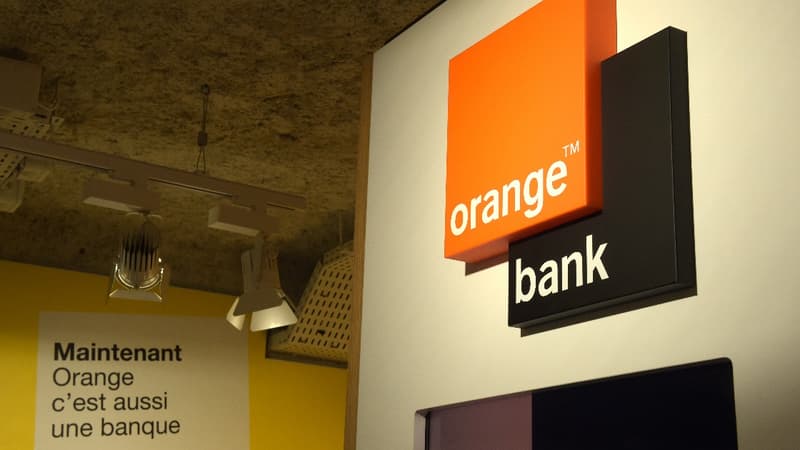End applause! Following the decision taken by the Orange Board of Directors on June 28, 2023, we are visibly moving towards ceasing Orange Bank’s activities, some of its 2.6 million customers are invited to join BNP Paribas Hello Bank. However, we are still in the stage of exclusive negotiations between the two groups.
Many observers believe that it is the failure of Orange Bank, which however is debatable. Because launching a bank in France today is very expensive and always takes longer than expected. Orange Bank has registered, since its inception, one billion losses. But if we look at it as an investment, that sum isn’t outlandish compared to most other online banks, which are no more profitable though often much older than Orange Bank.
Therefore, we can consider that, for the latter, other evolution scenarios were possible and less costly. However, Orange’s decision marks an acknowledgment by the new management team that the bank represents a difficult market and it is not their job at all. The previous team saw things differently, and this new position actually represents quite a change.
20 years later
In fact, if we go back to the beginnings of online banking in the 2000s, it will have taken us twenty years to realize the obvious and stop commonly admitting that banks suck, are incapable of evolving, while the public is eager to change. financial providers. Twenty years later, the situation is dire: online banks are slashing their prices to the max and recruiting their customers with welcome offers and expensive sponsorships. However, despite this, after twenty years, less than a third (28%) of the French are customers of an online bank and only 5% are only customers of an online bank. By taking note of this, Orange is thus withdrawing from a market that has not, in fact, taken off at the level of its ambitions.
But we must go further and say that the very notion of online banking no longer makes sense. Why were we talking about “online banks” in fact? Because we saw it as an alternative to traditional banks, both in distribution channels (they were fully digital) and in prices (sacrificed). Today, they are often still the cheapest (and therefore not very profitable), but we can/will very soon be fully digital with traditional banks. So what are most online banks still for?
The landscape is very contrasting. Among fifteen establishments, there is one that is structurally profitable and represents the true success of online banking in France: Fortuneo. It gains a complementary clientele to that of its shareholder (Crédit Mutuel Arkea), half of which allocate their main income to its account. But Fortuneo has less than a million customers, in a market where Boursorama has won the day (nearly 5 million customers, since the takeover of ING Direct’s), while two foreign neobanks are closing in fast: N26 and Revolut. (more than two million customers). each).
fragmentation phenomenon
This trifecta has more than one thing in common. All three stores, we’ve emphasized multiple times in these columns for Revolut, strive to match the lifestyles of their target customers. They offer an increasingly similar offer. They stand out in a now fragmented banking market. Because, even today, online banking attracts a very specific clientele: quite masculine, active and wealthy. The same clientele that is more receptive to offers with an ESG dimension, but with, in the latter case, geographical divisions still little known.
These are all fairly new items. Mass market par excellence, essentially offering the same products, prices and services to everyone, the bank today sees payment and purchase, credit and savings behaviors increasingly differentiated according to age groups and social groups. The latest BPCE Digital & Payments barometer, which looks at the effects of the inflation shock on French spending, highlights this particularly for the youngest.
As the success of a Boursorama or a Revolut seems to announce, this phenomenon of fragmentation leads to the multi-banking of a quarter of the population. This behavior will undoubtedly spread among the public but through different offers more similar to the current ones. This strong trend doesn’t yet have a precise generic label, but “online banking” certainly doesn’t suit it anymore.
Source: BFM TV


